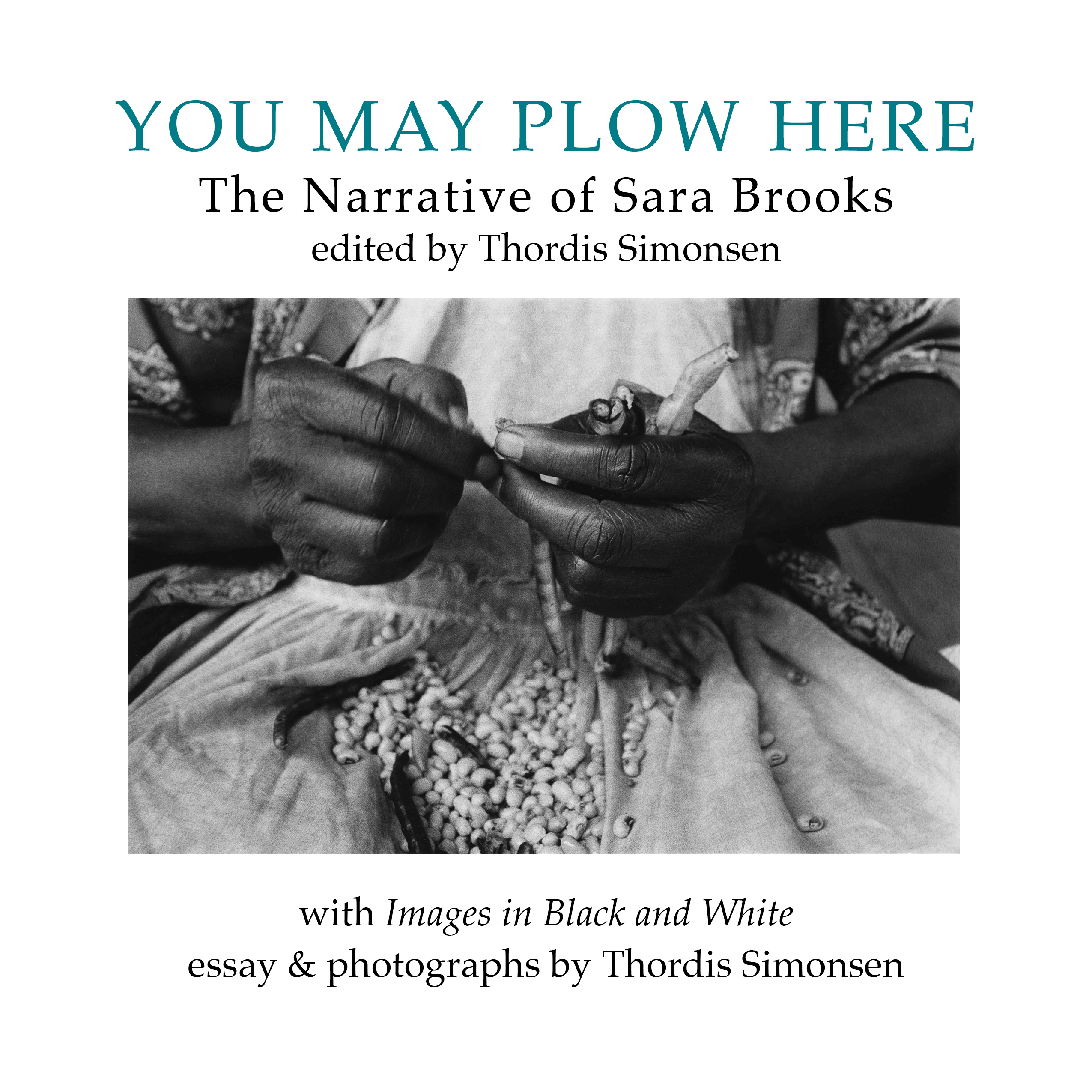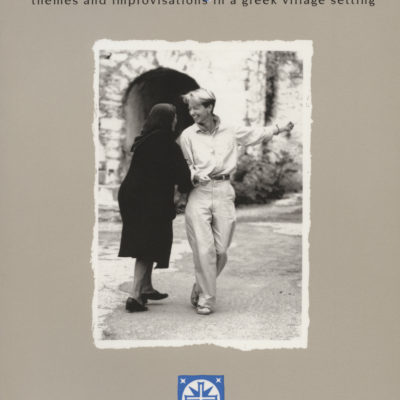Description
You May Plow Here: The Narrative of Sara Brooks
edited by Thordis Simonsen
with Images in Black & White
essay & photographs by Thordis SImonsen
new edition published by The Fundamental Note, 2023
YOU MAY PLOW HERE: The Narrative of Sara Brooks was first published by W. W. Norton in 1986—a time in America when books by Black writers were widely celebrated. Nearly 40 years later, as I release a new edition of YMPH, books by Black writers and books about Black history are being removed from library shelves and school curricula, and disinformation about the African American experience is being disseminated. In this climate of untruths and erasure, the re-publication of YMPH could not be more timely or relevant.
YOU MAY PLOW HERE: the Narrative of Sara Brooks records the life of an African-American woman, the daughter of a freeholder, a migrant North. Born in 1911, Sara Brooks was raised alongside seventeen other dependents by her father and stepmother on a fifty-three acre farm in west-central Alabama. To some extent protected by land ownership from the cruelty of Jim Crow, Sara Brooks led a lively, hard working childhood. At eighteen, she married a man who abused her. Separating from him, she followed her brother to Mobile and then to Cleveland, where she settled permanently in 1944. Working in the domestic service, she saved. In 1957, in the tradition of ownership established by her father, Sara Brooks purchased her own home. Her dispossessed children rejoined her; the restoration of her family was her ultimate solace. Sara Brooks had undertaken city life prepared solely with the values her father had instilled in her: honesty, work, faith in God, and respect for others. You May Plow Here attests to her father’s goodness and to Sara Brooks’ spirit for life—especially to the hope and determination she set against hardship.
A powerful story of survival that will live for generations.
—The San Francisco Chronicle
A joy and revelation…. A story about immense courage, faith and spirit.
—The Washington Post
You don’t just read You May Plow Here, you listen to it. Brooks’ vivid pictorial memory allows her to conjure up scenes from 70 years ago as though they had occurred an hour ago.
—The Denver Post
A prideful, joyful outpouring…. To read You May Plow Here is not so much to read a book as to meet a woman of exceptional character…. This book fits neatly onto the shelf of what Alice Walker calls “womanist prose.”
—Best Sellers
Longtime friend Simonsen edited her tapes of Brooks so sensitively that there is little distance between reader and storyteller; she activates voice on the printed page in much the same way author Studs Terkel did in his book Working.
—Seattle Post-Intelligence






